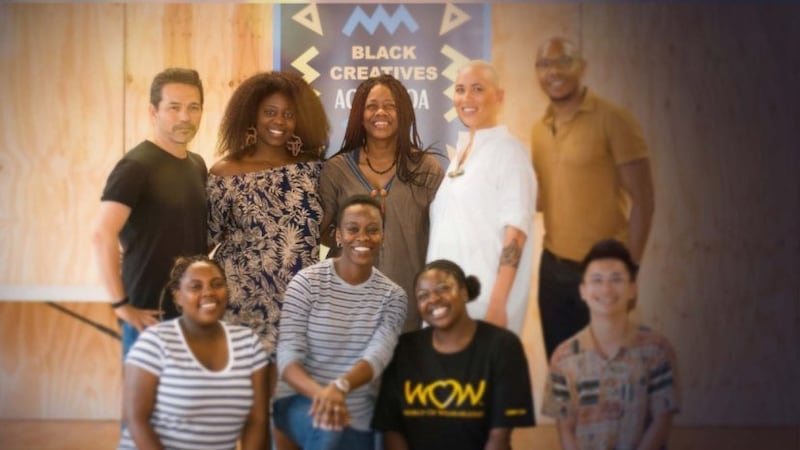Playwright Poata 'Alvie' McKree is taking to the stage at the Basement Theatre in Tāmaki Makaurau for one-night-only reading of her play The Handlers, as part of this year's Kōanga Festival.
McKree is of Ngāpuhi and Ngāti Kahu ki Whangaroa descent and also of Caribbean heritage, hailing from Yurumein and Barbados.
The Handlers tells the story of a group of Māori women working at Crown Lynn Potteries in Auckland's 1970s. When they all take time off to attend a tangihanga, the production line stops and their jobs are jeopardised.
Although it tells the story of Māori characters, McKree has both of her ancestries represented in the play by having an African and Afro-Caribbean soundtrack included.
"[The Handlers] is really about them living with the day-to-day realities of living with colonisation in that decade," McKree says.
“It’s the story of my mother and grandmother’s generation, and how they had to live and work in a society that was reticent, to say the least, to give them and make space for their reo, their tikanga and their ways.”
Using all of who Poata Alvie McKree is in a new story for the stage.
'Being black and Māori'
She was also a part of Black Creatives Aotearoa’s Black Out series, which saw her and other black Kiwi creatives interviewed about their experiences in Aotearoa “but also acknowledging the wider context of where they come from”.
“For me, it gave me the space to tell the story of being black and Māori to people who are actually black and could get what I was going through.”
Fellow writer, Black Creatives Aotearoa member and friend Estelle Chout will also be on stage for her show Po' Boys and Oysters. McKree says, with more representation being seen, that audiences in Aotearoa are being more open-minded about who gets to tell their stories.
“Both Estelle and I come from lineages that believe in the continued influence and sometimes interference of our ancestors in the day-to-day lives of their mokopuna, so I’m not surprised that we ended up on the same stage on the same week.”
Next Saturday, October 1, is when people can witness The Handlers reading. Her next work is Black Māori Woman, currently in development
“What I hope is that people will come and laugh and remember their nannies and aunties, and go away understanding some of the decisions that our mothers and aunties made in their time because of what they were dealing with.”
Her message to those of mixed ancestry: “Embrace all of it. Don’t let anyone convince you that you should put one part of yourself to the side. Celebrate all of what both sides of your whakapapa have to offer to you.”


